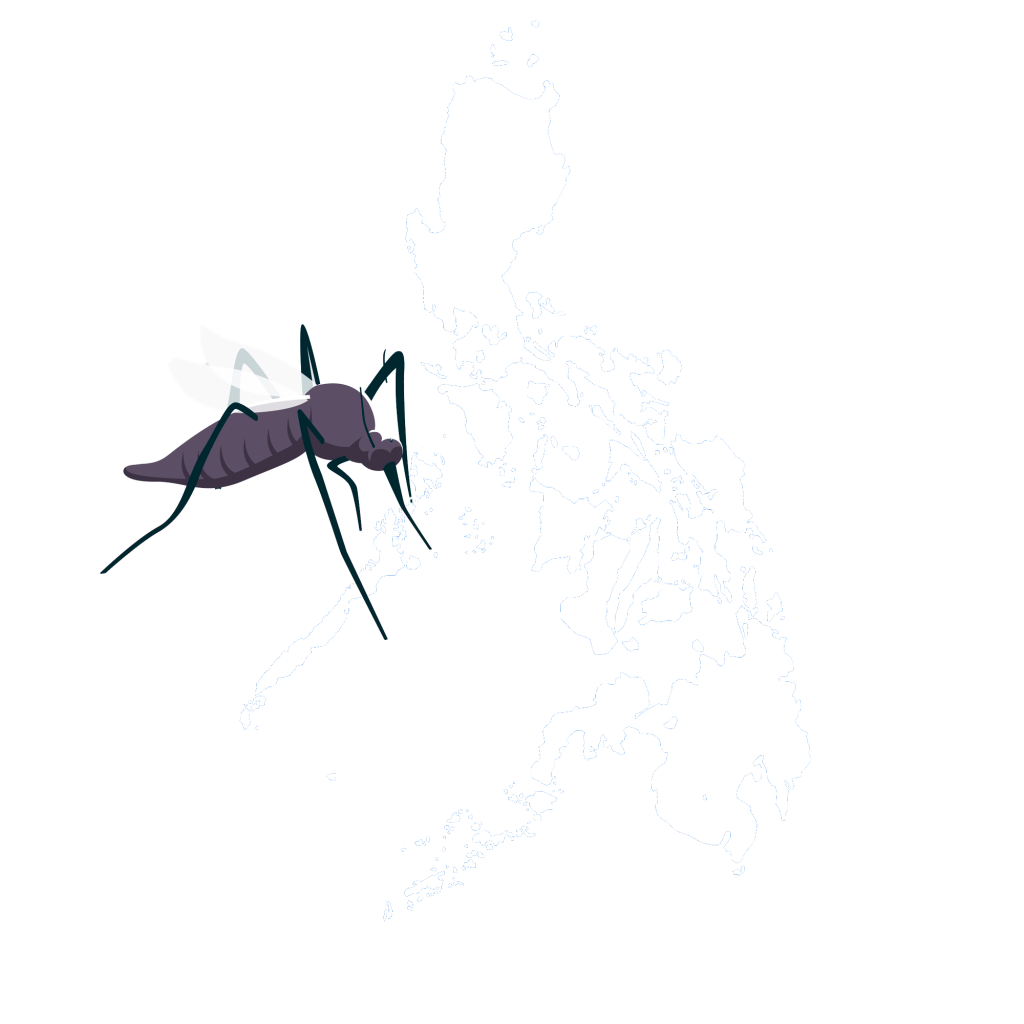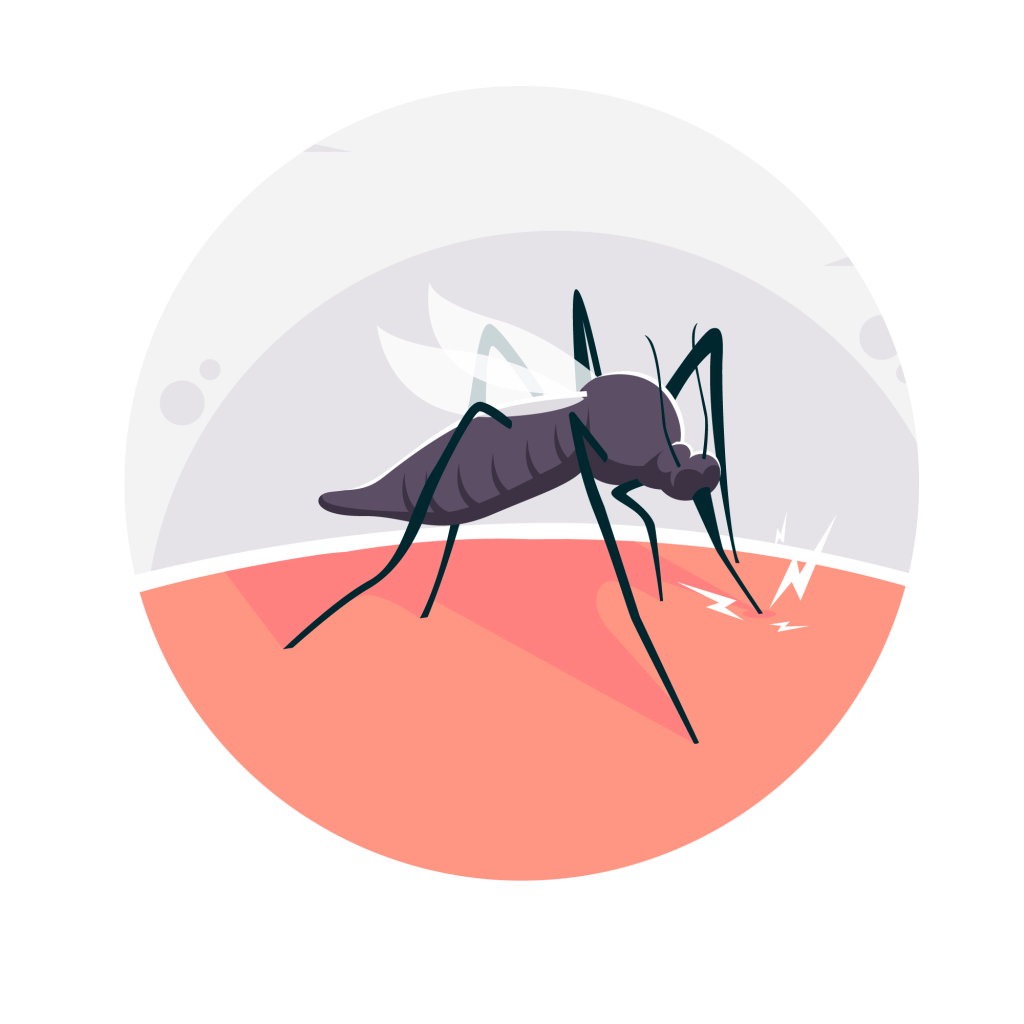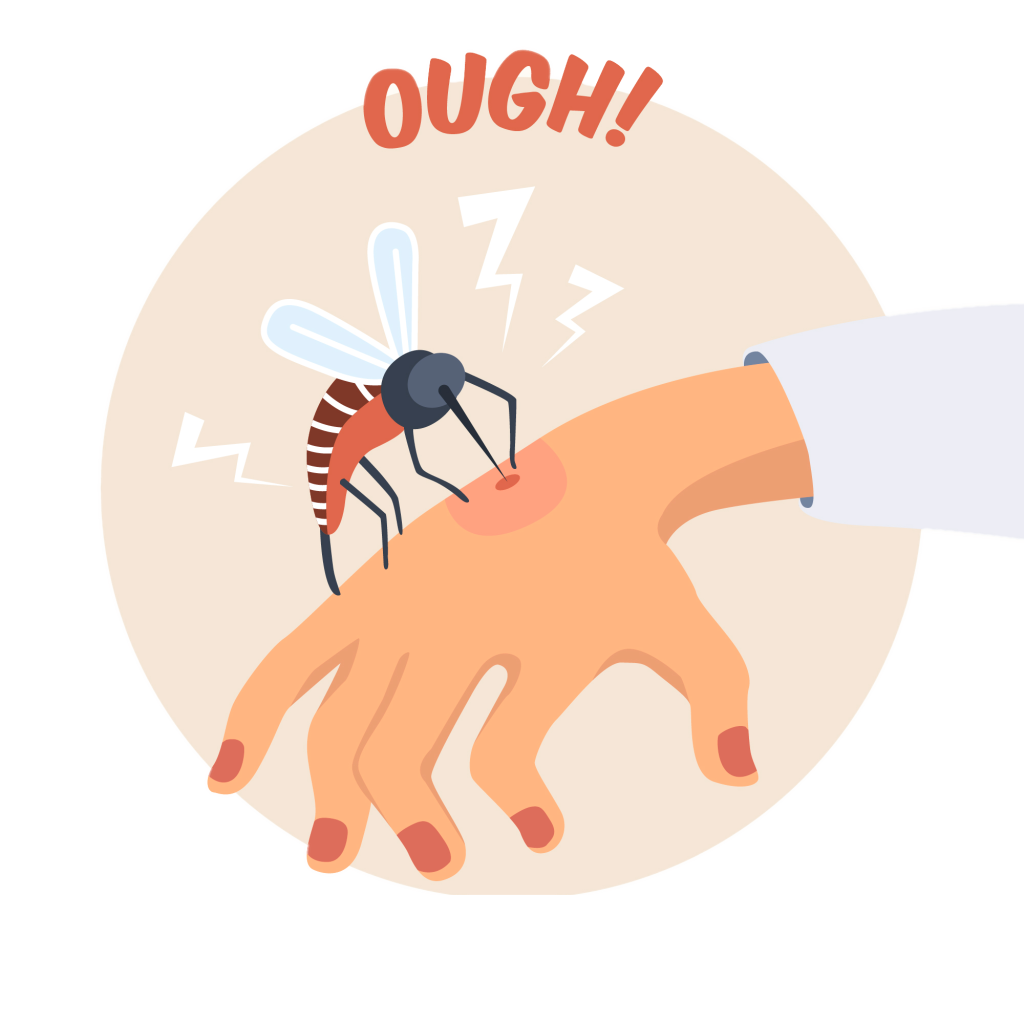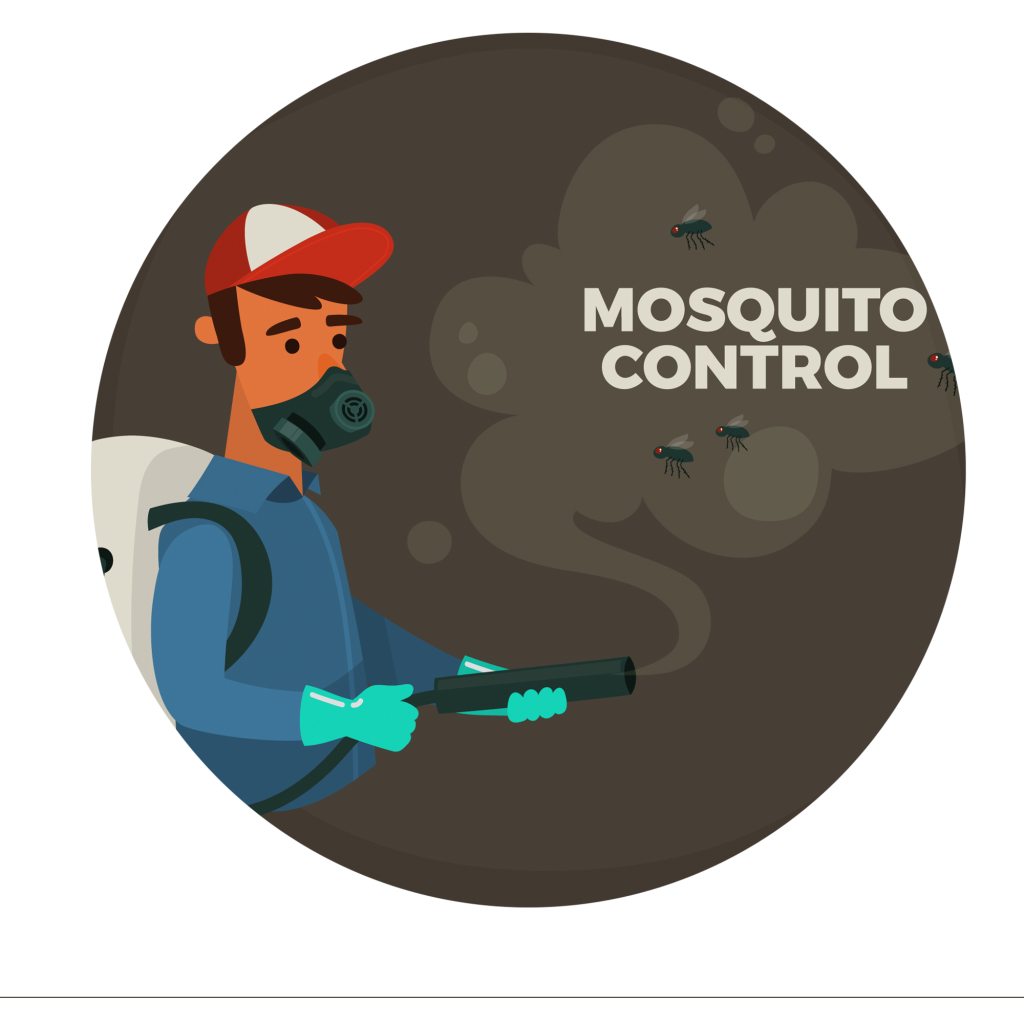CONTACT US: Sales: 0908 8145876 | 0908 8145870 || Accredited Hospitals: 0917 8834111 | 0908 8145874 || Cebu Office: 0912 474 3930 | 0967 340 3743
CONTACT US:
Sales: 0908 8145876 | 0908 8145870 ||
Accredited Hospitals: 0917 8834111 | 0908 8145874 || Cebu Office: 0912 474 3930 | 0967 340 3743







